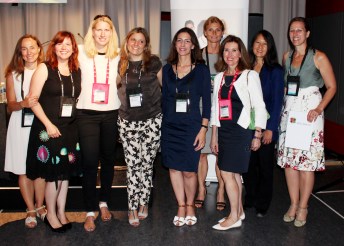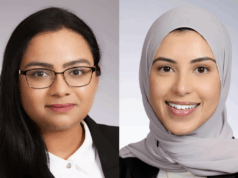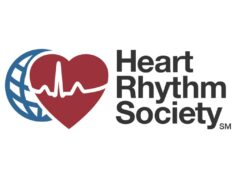
EPIC Alliance experts at the 2016 European Society of Cardiology (ESC; Rome, Italy) congress presented original research and real-world clinical evidence on non-responders to cardiac resynchronisation therapy and atrial fibrillation ablation today.
The all-women panel of physicians from the EPIC Alliance, an initiative promoting female electrophysiologists, spoke on how to support patients who do not respond to treatment at the symposium “Breaking the Non-Response Barrier: CRT and AF Ablation”.
Mina Chung, Cleveland Clinic, Cleveland, USA, kicked off the symposium with an overview of the latest findings in cardiac resynchronisation therapy trials. She was followed by Gemma Pelargonio, Catholic University of the Sacred Heart, Rome, Italy, who explored using resynchronisation therapy in heart failure patients with “narrow” QRS complexes. Claudia Herrera-Siklody, Ludwigsburg Clinic, Germany, discussed strategies to treat persistent atrial fibrillation, and Isabella Deisenhofer, German Heart Centre, Munich, ended the symposium by weighing the risks and benefits of atrial fibrillation ablation.
”Pushing success rates for cardiac resynchronisation therapy and atrial fibrillation ablation will require a greater understanding of the clinical barriers and novel technologies, and this symposium highlighted that significant issue,” comments Sabine Ernst, Royal Brompton and Harefield Hospital, London, UK, who co-chaired the session. Speaking about the EPIC Alliance she adds, “The EPIC Alliance is a global network of women in electrophysiology supporting women to choose electrophysiology as a career option and to reach their full potential. One way we can do that is to feature them as speakers at prominent symposia such as the ESC Congress.”












